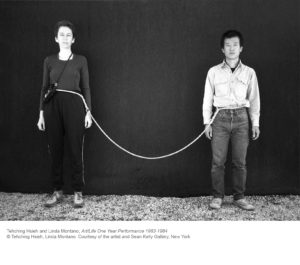Holding Patterns is a collaborative project that involves healthcare practitioners and carers working across general practice, child and adolescent psychotherapy, psychoanalysis, palliative care, nursing, midwifery, parenting, and disability care. The project explores the often painfully slow, at times arrhythmic work of care from the perspective of those for whom waiting is central to what they do. Taking the form of a series of open-ended, potentially interrupted, and asynchronous conversations with and between practitioners, the project responds to the central research questions that Waiting Times seeks to address: how do the models of time that we routinely use in healthcare settings (chronicity and urgency, for instance, acuteness and delay, crisis and steady-state) come to shape our very experiences of care? Are there other ways of speaking about time that emerge from understanding more fully what carers do as they watch and wait? Are there other ways of caring that emerge when we recognize that care is itself a temporal practice?
Holding Patterns takes ‘care’ very broadly to describe the varied attempts we make to maintain and sustain ourselves and others in the midst of both breakdown and repair, attempts we make to maintain a social bond, or an attachment to an idea of the good life, or even the attempts we make to take care of time itself. Relations of care are precariously carved out and sustained through different temporal orchestrations. We understand care, therefore, to rely on ideas of the future as something that may unfold and bring about conditions that are better than those in the past or present.
The starting point for Holding Patterns is to question what has happened to the time for care when the idea of a progressive and unfolding future seems to have collapsed in the face of economic, social, political and climate crisis. Can we continue to identify forms of care that do persist in these conditions, through an alternative relation to time? Do these forms of care have a particular relation to repetition, for instance, a temporality classically linked to women’s time, but also to the time, historically, of servitude, and hence to classed and raced time? If so, this repetitious time may not simply turn out to be a matter of reproductive labour or the time of development or the temporalities of cyclicality, but has something to do with an ongoing refusal to give up on the connections we have with others regardless of what the future may bring.
Holding Patterns,through a series of snatched, disjointed conversations between healthcare practitioners, researchers and carers, explores different experiences that distort or reshape time and care: depression, anxiety, grief, birth, death, chronic illness, dementia, adolescence, trauma, and psychosis, but from the perspective of the one who watches and waits.
Project Lead: Lisa Baraitser, Professor of Psychosocial Theory at Birkbeck College, University of London


